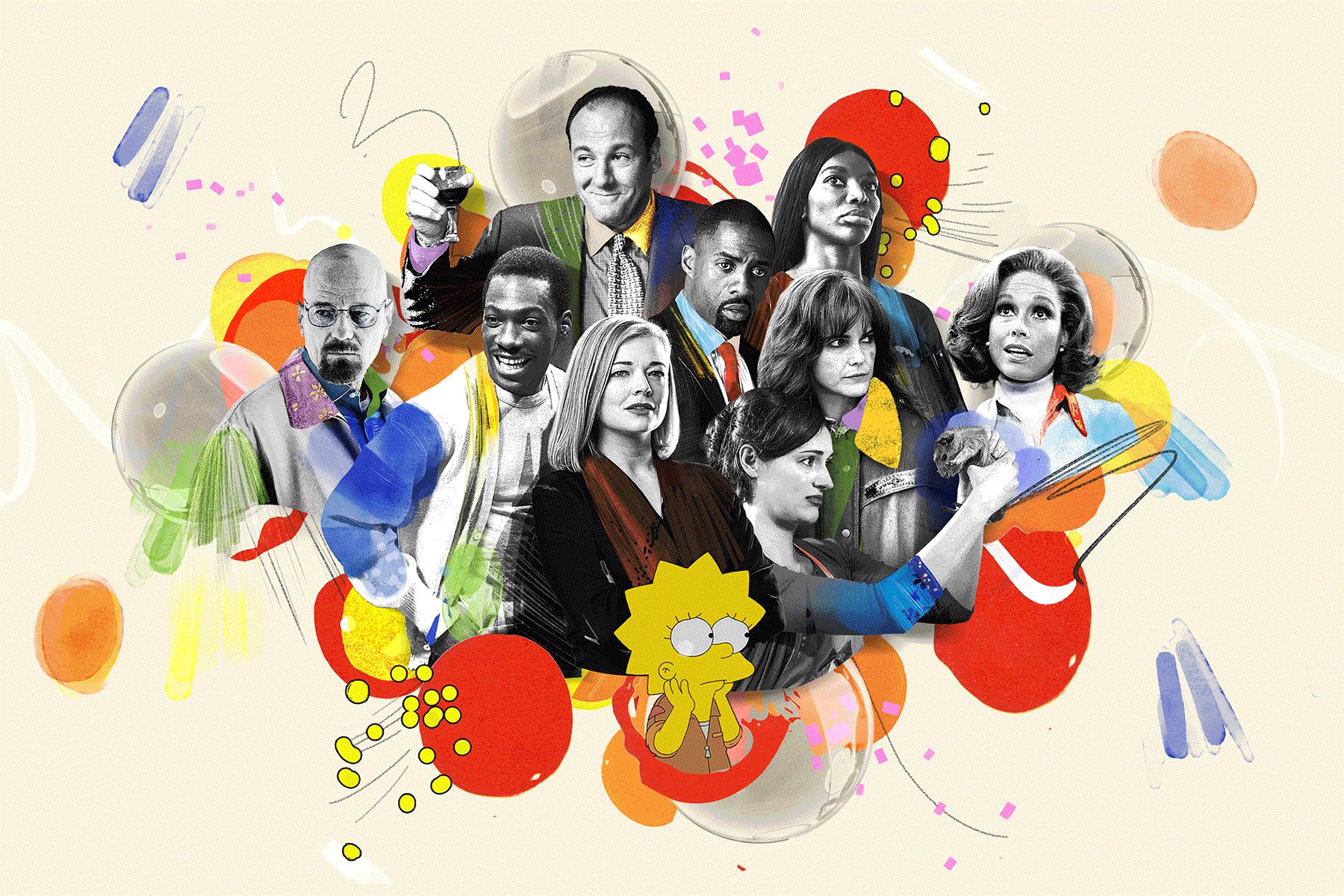Television catchphrases have become an integral part of pop culture, often symbolizing and immortalizing iconic TV shows and characters. From Homer Simpson’s “D’oh!” to Joey Tribbiani’s “How you doin’?” catchphrases not only add a distinct flavor to a show but also linger in the viewer’s memory for years to come. J.J. Evans’ “Dyn-o-mite!” from Good Times, Elaine Benes’ “Yada, yada, yada” from Seinfeld, and Steve Urkel’s “Did I do that?” from Family Matters are some other famous catchphrases that have become symbols of the era and audience’s fondness for the show. Whether inspiring, comedic, or just plain memorable, these catchphrases have cemented their place in pop culture history.
10 of the Most Iconic TV Show Catchphrases in Pop Culture History
Catchphrases are a defining feature of television shows that have become pop culture icons. They can take on a life of their own and become synonymous with the characters who deliver them. Here are 10 of the most iconic TV show catchphrases in pop culture history.
1. “D’oh!” – The Simpsons
Homer Simpson’s exasperated catchphrase has become so ubiquitous that it has been added to the Oxford English Dictionary. The catchphrase has been used in countless episodes of The Simpsons, responding to everything from mistakes to frustrating situations.
2. “How you doin’?” – Friends
Joey Tribbiani’s suave pick-up line has become a catchphrase that is still used today. The character uses the phrase throughout the show, sometimes leading to comedic misunderstandings, but always to win over the ladies.
3. “Dyn-o-mite!” – Good Times
J.J. Evans, the lovable and clumsy son in the ’70s sitcom Good Times, would exclaim “Dyn-o-mite!” whenever he was excited or pleased with something. The catchphrase has become a lasting symbol of the show and the era in which it was produced.
4. “Yada, yada, yada” – Seinfeld
This catchphrase has become a shorthand for minimizing or skipping over a section of a story. The character of Elaine Benes is famous for using “yada, yada, yada” to gloss over the inconvenient details of a conversation.
5. “Clear eyes, full hearts, can’t lose” – Friday Night Lights
This inspiring phrase is often chanted by the team in the popular sports drama Friday Night Lights. It has become an emblem of the show’s themes of teamwork, perseverance, and overcoming obstacles.
6. “What’chu talkin’ ’bout, Willis?” – Diff’rent Strokes
This catchphrase was made famous by Arnold Jackson, the younger brother on Diff’rent Strokes. It has become a cultural touchstone for the era and a symbol of the show’s universal appeal.
7. “That’s what she said” – The Office
This oft-repeated phrase was used by Michael Scott on The Office as a way to add an innuendo to everyday comments. The catchphrase became so popular that it has since been referenced in other shows, movies, and even political campaigns.
8. “Live long and prosper” – Star Trek
This Vulcan salute and accompanying phrase has been used by Star Trek fans for decades. The catchphrase is a symbol of the iconic sci-fi franchise and its message of hope, exploration, and diversity.
9. “Book ’em, Danno” – Hawaii Five-O
Steve McGarrett’s famous phrase has become synonymous with the popular crime drama Hawaii Five-O. The catchphrase was used at the end of almost every episode, as the detective would order his partner Danno to make an arrest.
10. “Did I do that?” – Family Matters
This catchphrase was made famous by Steve Urkel, the lovable but clumsy neighbor on Family Matters. The phrase became a symbol of the character’s comedic antics and endearing personality, and has continued to be used in pop culture references to this day.
Conclusion
Catchphrases have become a defining feature of television shows and characters, and many have become pop culture icons in their own right. From Homer Simpson’s “D’oh!” to Steve Urkel’s “Did I do that?” these catchy phrases have resonated with audiences and become a lasting symbol of their respective shows.
